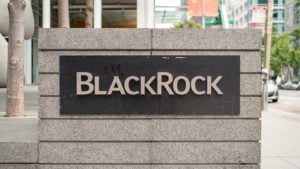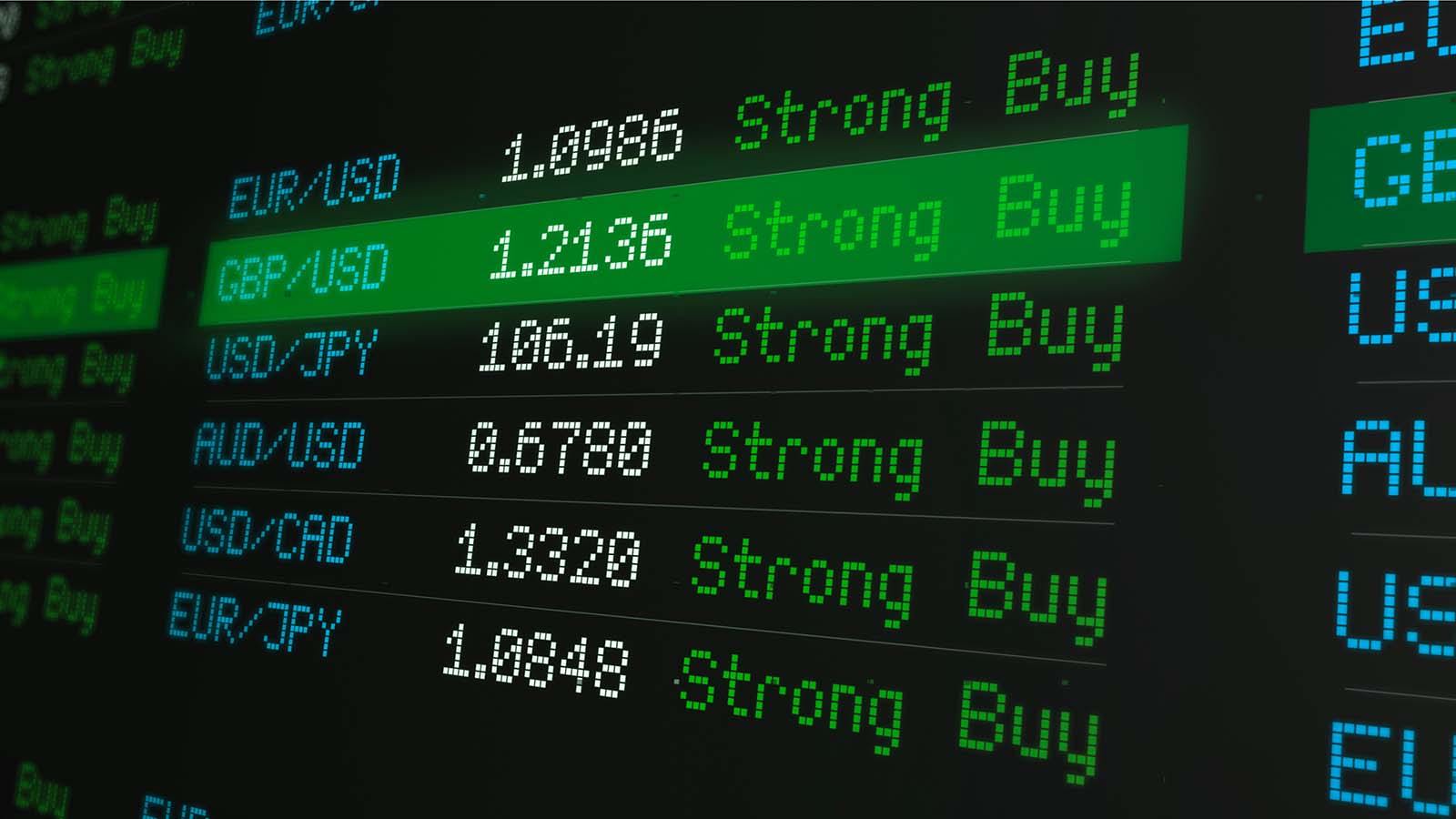Everybody’s a genius in a bull market. That’s nothing new. But given where we are in the current ‘recovery’, with major market indexes hitting all-time highs despite unemployment over 10% and a raging pandemic, sometimes it’s hard to reconcile the bullish market attitude.
Case in point: Tesla (NASDAQ:TSLA) stock was trading at $222 last year at this time. It now trades around $2033. It has a four-digit price-to-earnings ratio and it’s still rising.
Having been through my share of “different” bull market tops that turned out not to be very different at all, I’ve learned to hedge my bets.
Investors hoping for the best while preparing for the worst should consider these 5 win-win stocks to buy:
- B. Riley Financial (NASDAQ:RILY)
- Centene (NYSE:CNC)
- Ritchie Brothers Auctioneers (NYSE:RBA)
- NextEra Energy (NYSE:NEE)
- BlackRock (NYSE:BLK)
I prefer to pick stocks that stand to benefit from every last ounce of upside, but are equally well positioned if everything sells off tomorrow.
Win-Win Stocks To Buy Now: B. Riley (RILY)

With a market cap of just $670 million, this diversified financial company has largely flown under the radar for two reasons.
First, it’s not a big name tech or biotech stock. Second, its business doesn’t easily square into just one business sector. It has 6 divisions that are focused on various financial instruments, from investment management, financing solutions and auctions.
The last of those is the most interesting, since this particular sector is very active under market circumstances like these. If a business owner is, say, struggling with a brick-and-mortar store, they may decide to sell the property and take the business online.
RILY would be brought in to auction it off. Potential buyers are looking for bargains in a toppy market, and RILY could help both sides finance the deal. Maybe even offer different property solutions.
The company also provides money management solutions for high net worth individuals and companies. But all of its traditional divisions are bolstered by its auction services, since that segment shines when times get tough and markets get unsteady.
The stock is up 42% in the past 3 months, 27% over the past 12 months. It’s price to sales (PS) and price to book (PB) are very low, as is its PE ratio. Plus, it has an impressive 4.5% dividend.
Centene (CNC)

From humble beginnings operating out of the basement of Family Hospital in Milwaukee, Wisconsin, back in 1984, to serving all 50 states, the Department of Defense and 3 international markets with nearly 70,000 employees, managed healthcare solutions provider Centene has come a long way.
With a market cap now sitting at $36 billion, CNC is a leader in managing government-sponsored healthcare solutions like Medicaid, Tri-Star and state programs.
Given the current challenges to both the U.S. healthcare system and the economy, the spotlight will be on healthcare and healthcare reform this election cycle. And that means Centene will be a key player in its solution.
If the economy is slow to recover, CNC’s services will be in great demand as the unemployed and underemployed reach out for healthcare assistance during the pandemic.
And any expansion of healthcare benefits for struggling Americans will be handled by Centene and others. Plus, since it manages other organizations’ health plans, it has well-funded clients regardless of the economy.
CNC stock remains an absolute bargain in a toppy market on PE, PB and PS bases. And that’s after a near-40% run in the stock over the past year.
Ritchie Bros Auctioneers (RBA)
As its name implies, this company is built around its auction business. Started by David Ritchie in 1958 in Burnaby, Canada, RBA is now a multinational industrial asset disposition and management business.
Basically, that means its auctions are mostly focused on industrial equipment — agriculture, mining, transport, construction, drilling, etc.
Today RBA is headquartered in Vancouver, with an American headquarters in Lincoln, Nebraska. It has more than 40 auction sites across North America, Europe, the Middle East, Asia and Australia, as well as a quickly growing online auction business.
Its gross transactional value in 2019 was over $5 billion, a number which should continue to grow.
In times of economic uncertainty, weaker players sell off assets to stay afloat and auctions allow them to do it piecemeal rather than sell off all their equipment. Stronger firms can slowly add to their equipment assets by picking and choosing optimal price points.
As a market weakens, equipment auctions have become a popular strategy. Participation in online and app-based auctions is expanding rapidly, reflected in growing sales from these platforms.
RBA also has a financial services arm to help with financing merchandise.
RBA stock has been getting very popular recently — up 60% over the past year — but it has a nearly $7 billion market cap and is heading into a good economic environment for its services, so the premium is understandable.
NextEra Energy (NEE)

One way to hedge your bets in a strange market is to stick with predictable companies, like utilities. NextEra Energy stock definitely fits the bill.
Whether people are working from home or at offices, they need electricity. And a quick glance around your home probably confirms the anecdotal wisdom: we have more devices, gadgets and gizmos than ever.
Plus, utilities have a regulated side, which means they are allowed a certain operating profit from state regulators to provide a fundamentally monopoly service. Doesn’t get much safer than that.
NEE operates FPL, the utility that powers one of the fastest growing regions in the US, southern Florida.
But many utilities have an unregulated side as well, where they can sell their wares at whatever prices the market will bear. This is where NEE has really come into its own.
NEE is the world’s largest producer of wind and solar energy. This has two major advantages right now.
First, many industries are looking to cut their carbon footprint to avoid carbon taxes. And as the antiquated American energy grid continues into disrepair, distributed energy from renewables makes for a smart alternative.
Second, ESG (Environment, Social, Governance) investing is becoming a powerful force in the institutional investing world. This the market with the financial services firms, pension funds, hedge funds and major endowment funds dwell. It controls around 80% of market activity.
And they’re looking at ESG investing as the next big thing.
That has NEE on the radar for a lot of investors. NEE stock is up 21% in the past 3 months and trades at a slight premium. But if the market slips, this stock will be able to keep on chugging along. It also pays a 2% dividend.
BlackRock (BLK)

Imagine an investment management company so big, powerful and good at what it does that when the economy rolls over, the Federal Reserve calls you to manage its emergency assets.
That’s what happened to BLK in 2008 and again in 2020.
When the Fed needed a company to help buy $750 billion in bonds to prop up the US economy earlier this year, it turned to BLK. That’s no small deal.
Remember, asset management companies make their money on assets under management (AUM). When you add $750 billion AUM in one day, that’s a pretty good day. But BLK has about $7.4 trillion under management, so it wasn’t exactly slacking before all this.
It’s no surprise that even before that happened, BLK was the world’s largest money manager. It also runs iShares brand ETFs. But it isn’t charging the Fed management fees on the ETF shares that it uses to disperse the Fed’s money.
But again, having those assets is a big deal, since the company can leverage its trading accounts and operations on having those assets.
The crazy thing is, after rising 44% in the past year, BLK stock is still trading at 20 times PE. And it delivers a solid 2.5% dividend besides. This is one of the best in the business, come what may.
Neil George was once an all-star bond trader, but now he works morning and night to steer readers away from traps — and into safe, top-performing income investments. Neil’s new income program is a cash-generating machine…one that can help you collect $208 every day the market’s open. Neil does not have any holdings in the securities mentioned above.
